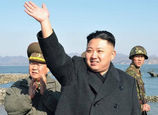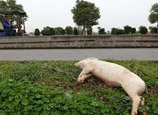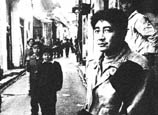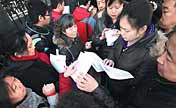
In November 2012, the State Council approved a new version of the futures trading regulations, which allows qualified foreign institutional investors to participate in mainland futures exchanges, but only in a limited range of products.
The new rules, which have been in force since December 2012, will allow foreign funds to invest in more types of futures products.
By the end of 2012, the Shanghai Futures Exchange had launched 10 types of futures products. The exchange ranks 13th among the world's largest derivatives markets, and is the fourth-biggest commodities futures trading platform.
Last year, the exchange's annual trading volume was 89.2 trillion yuan ($14.17 trillion), up 2.6 percent year-on-year, according to Yang.
The launch of the crude oil futures is expected to provide a reference price, which will allow the National Development and Reform Commission to refer to when adjusting oil prices, Yang added.
Zhang Ping, head of the NDRC, said last week that the commission is planning to change the current oil pricing system, to better reflect international oil price fluctuations.
Hu Yuyue, the head of the Securities and Futures Research Institution of the Beijing Technology and Business University, said that the opening-up of China's commodities futures market is in the initial stages, although the mainland's futures markets is the largest in the world by value.
"Large qualified foreign institutional investors can support the development of the domestic futures market, and allow it to become an international commodity pricing center," said Hu.

















 Spring Style: Temperatures rise in south China cities
Spring Style: Temperatures rise in south China cities


![]()
